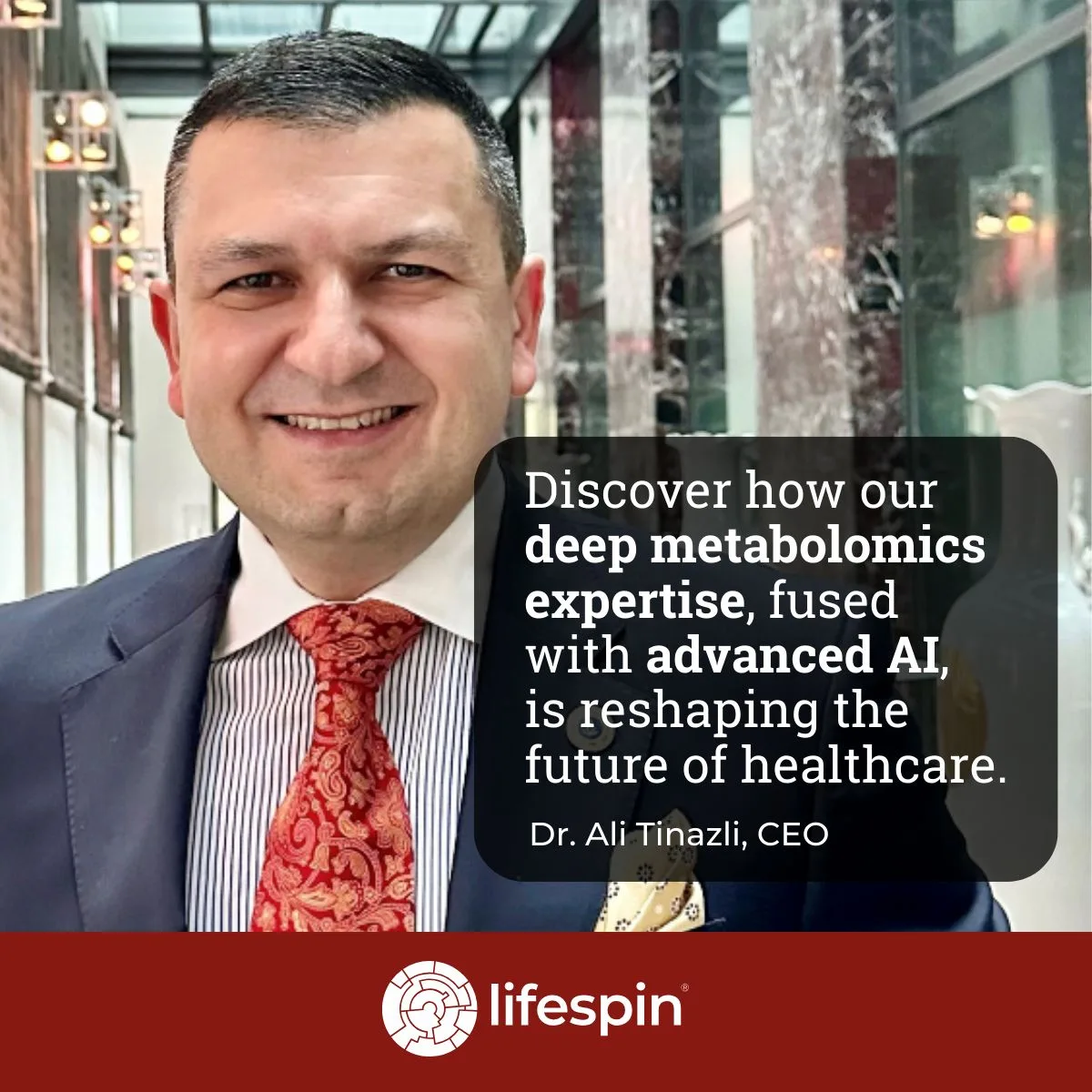The integration of Artificial Intelligence (AI) in the field of pharmacy has ushered in a new era of healthcare innovation. AI technologies, such as machine learning and natural language processing, have demonstrated immense potential to revolutionize various aspects of pharmacy practice. This article explores the journey of AI in pharmacy, highlighting its applications, benefits, challenges, and prospects.
AI has found numerous applications in pharmacy, enhancing drug discovery, personalized medicine, medication management, and patient care. In the realm of drug discovery, AI algorithms can analyze vast amounts of data to identify potential drug candidates, predict their efficacy, and optimize their chemical structures. This expedites the drug development process, reducing costs and time. Additionally, AI-powered systems can assist pharmacists in medication management by analyzing patient data, identifying drug interactions, and providing personalized treatment recommendations.
The idea of producing personalised medicine could be expanded by investigating the use of robotics driven by AI to facilitate the accurate and efficient creation of pertinent medicines. Furthermore, the first FDA-approved 3D printed medication in the US was approved in 2015, demonstrating the potential of 3D printing to produce therapies in real-time an alternative would be to start N-of-1 trials right away. These trials use advanced treatment outcome monitoring devices and AI-based pattern discovery to assess how well a carefully designed treatment affects the patient. Furthermore, it is possible to use AI-based simulation studies to predict the possible paths that a treatment plan might take.
Pharmacies may be held accountable for any mistakes or omissions that arise from their use of AI if they use it to manage prescription inventories or offer medication management services. Pharmacies are required to guarantee that their artificial intelligence (AI) systems are dependable, accurate, and compliant with all relevant laws and regulations.
Additionally, pharmacies should make sure that their pharmacists are trained in the use of AI, are aware of all applicable rules and regulations, and can recognise and fix any faults that may arise from the use of AI. To make sure that their usage of AI conforms to all relevant state rules and regulations, pharmacists should also speak with legal counsel.
AI in Pharmacy Benefits
There are various advantages to using AI in pharmacy. Pharmacists may now make well-informed judgments based on thorough patient data thanks to AI-powered solutions, which improve patient safety and treatment outcomes. Medication dispensing, inventory control, and prescription processing are examples of regular procedures that can be automated to boost operational efficiency and decrease human error. In addition, artificial intelligence (AI) technology has the capacity to identify patterns and trends in patient data, which facilitates early disease detection and early intervention.
AI has the potential to drastically change pharmacy practice, especially when it comes to prescription management. The capacity of AI to assist chemists in efficiently managing their medicine inventory, precisely forecasting medication demand, and recognising possible drug interactions and bad reactions is one important factor. Pharmacists can create better drug regimen strategies and make more educated decisions about prescription medications by utilising AI.
The tracking of patient medication adherence is another important use of AI in pharmacy practice. Artificial intelligence (AI) can assist chemists in identifying patients who may be at risk of nonadherence by evaluating patient data, such as prescription usage habits and refill histories. This makes it possible for chemists to proactively step in and handle any possible consequences arising from nonadherence to medicine. By utilising AI’s continuous monitoring capabilities, chemists can improve patient interaction and offer tailored support to maximise medication adherence.
AI in Pharmacy Challenges
Even with its enormous potential, artificial intelligence in pharmacy faces several difficulties. An important issue is the moral use of patient information. Ensuring data privacy and protecting sensitive information are important factors. Furthermore, because complicated models sometimes have opaque decision-making processes, it is still difficult to understand AI systems. To foster confidence between patients and healthcare providers, AI systems must be transparent and accountable.
The future of AI in pharmacy
Artificial Intelligence in Pharmacy has a bright future. Artificial intelligence (AI) technological advancements like deep learning and reinforcement learning will improve the precision and effectiveness of AI systems even further. Integrating AI with other cutting-edge technologies, such as blockchain, can improve interoperability and data security. Moreover, AI-driven chatbots and virtual assistants can help patients around the clock, answer their questions, and remind them to take their medications. The future of artificial intelligence in pharmacy will be shaped by partnerships between technology companies, research institutes, and pharmaceutical businesses.
Also Read: AI in Medicine: Challenges, Myths and the Future
AI has the potential to completely transform healthcare and integrating it into pharmacy is a big step in that direction. Drug discovery, personalised medicine, medication management, and patient care are just a few of the pharmacy-related uses for AI technologies including machine learning and natural language processing. AI in pharmacy offers numerous advantages, such as better treatment results, more operational effectiveness, and early disease diagnosis. AI in pharmacy is not without its difficulties, though; among issues that need to be resolved are interpretability, data protection, and ethical issues. Nevertheless, given the ongoing development of technology and the cooperation of all stakeholders, the future of artificial intelligence in pharmacy is bright.
Rahaf Yahya Abu Daak
Pharma.D Student, Jazan University
Readers also read: The AI-powered Future: Will We Live Healthier, Longer Lives?












